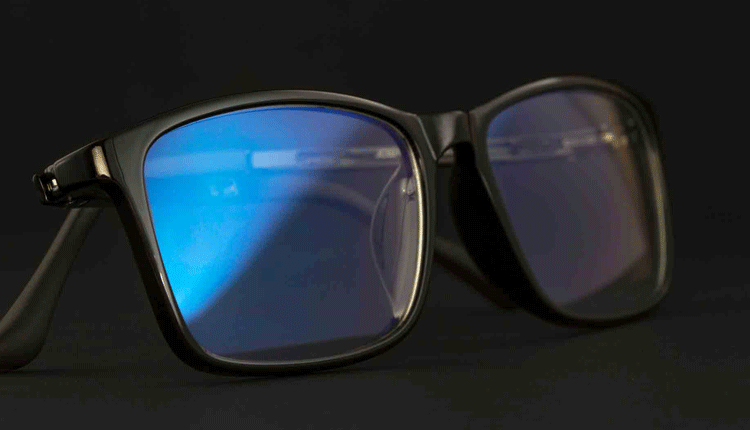What it takes for safer screen time

ANNA MWIKALI
Earlier this year in March, I started having consistent intense headaches. I would wake up with a throbbing headache and itchy eyes day after day.
I had to take powerful aspirins and two Probeta eye drops in each eye to get any work done.
Being a writer, I spend more than 8 hours every day on my laptop so I suspected my eyes were finally caving to the effects of lengthy screen time. My suspicion turned out to be accurate.
My optician exclaimed that I was lucky to be able to work for over two years without the aid of blue light filter glasses.
With flawless eyesight, I am neither short-sighted nor long-sighted, on undergoing eye examination, the only solution for my predicament was to get glasses with anti-glare lenses and a blue light filter.
Over-exposure to screens
From the moment we open our eyes in the morning to that last minute before drifting to sleep, our eyeballs are glued to our tablets, laptops, and TV screens.
If you are part of the ninety percent of individuals who spend two hours or more daily in front of any screen, Miss Bernice Makena, an optician from Kitengela Medical-Healthcare Centre says that you could be in danger of digital eye strain, otherwise known as computer vision syndrome.
“It’s an issue that is occurring more and more prevalently these days, even in children. We pacify children using phones so it stands to reason.
Often, even a minute after waking up, someone’s eyes are already on their phone checking for new messages and updates.
As a result, more and more patients especially those less than thirty-five years of age come to me these days complaining of frequent headaches, achy eyes, or neck pains all of which correspond to digital eye strain,” Makena explains.
Felix Otieno, the head eye consultant from Odyssey Opticians Limited shares, “I’m so surprised by just how much time millennials are spending on screens today to the point that I’m getting young patients with eye problems.
We were used to treating people in their forties as eyesight naturally deteriorates with age.”
He shares how in days gone by children would be exposed to television screens alone and for a few hours as there were no mobile phones then.
Today many parents are exposing their children to screen devices for more than three hours a day simply because iPads and smartphones are freely accessible.
He explains that screens emit blue light or high-energy visible (HEV) light, which penetrates deeper into the eyes compared to other types of light.
The effects of blue light exposure are cumulative such as disruption of sleeping patterns.
This is why doctors recommend sleeping in a dark room that is free of any screen, even switching off your phone if possible.
You may ask whether you should be concerned about blue light exposure. In a single word, YES. Blue light is like sugar.
It is sweet and does have its positive aspects but our digital world has overexposed us to it, thus making it harmful. Our eyes are not designed for our modern screened world.
The eye’s cornea and lens are unable to prevent HEV light from getting to our cornea retina.
Scientifically speaking, blue light has a short wavelength. It disperses in the eye, therefore reducing contrast and making it hard to focus.
With time, the eyes start to feel overworked, characterised by pain in or around the eyes, dry or teary eyes, blurred vision or double vision in some cases, Makena explains.
Way forward
“Unfortunately, kids below seven years are at a higher risk of digital eye strain. This is because their corneal lenses are more transparent than adults, so more HEV light passes through.
I would therefore advise parents to strictly limit their children’s screen time to two hours a day,” she adds.
They can also invest in a pair of blue-screen filtering glasses. Otieno explains that even if your eyes work fine, one should consider a pair of glasses with blue light block technology.
This means that almost everyone should get a pair as both the old and young have smartphones and televisions.
Anti-glare lenses can reduce HEV light impact on your eyes and improve computer vision syndrome.
It also prevents macular degeneration, which is associated with over-exposure to blue light. Anti-glare lenses can also help minimize the glare from the headlights of oncoming traffic at night.
The good news is that there are many eye frames to choose from when picking out glasses so you can get something that compliments your face shape.
“There is an eye frame and colour for almost anyone. My advice to all who spend most of their time staring at screens is to get yourself a pair of these eye-protecting goggles as soon as you can,” she concludes.












